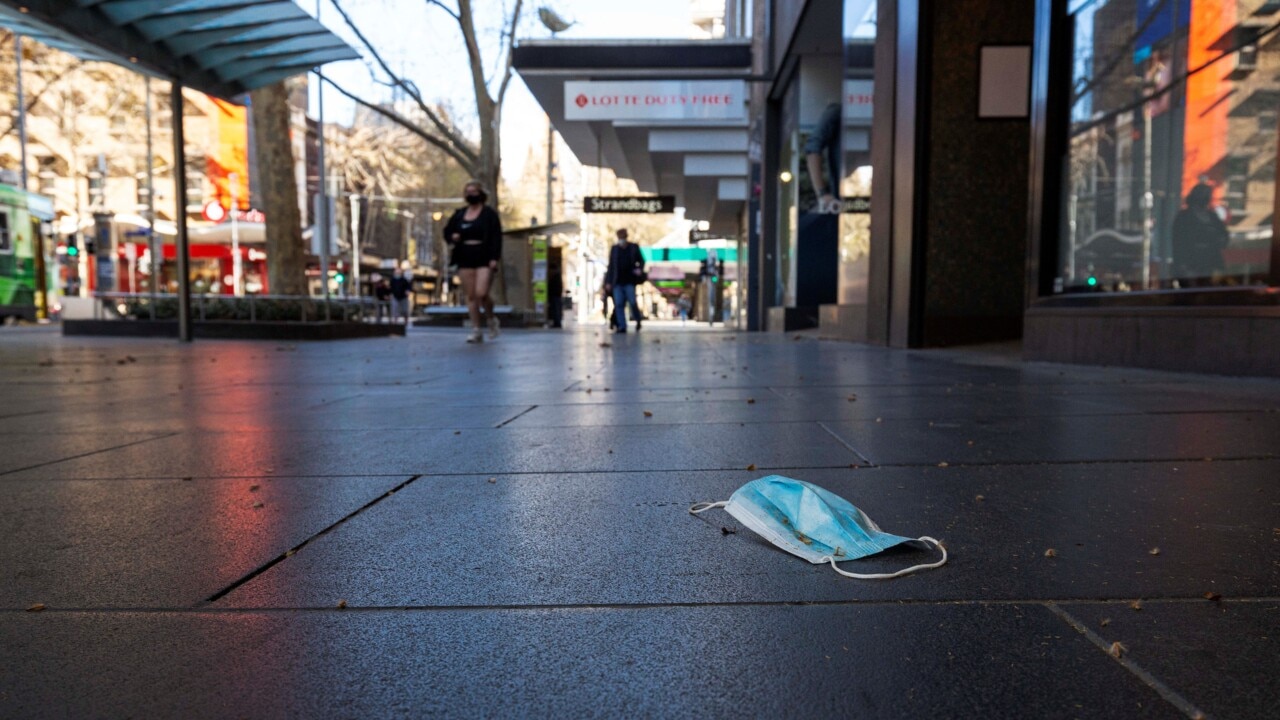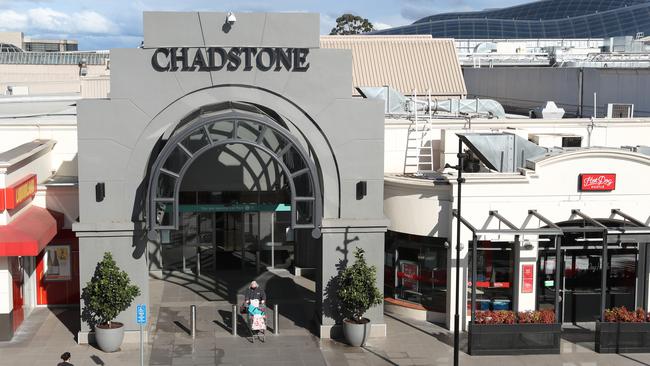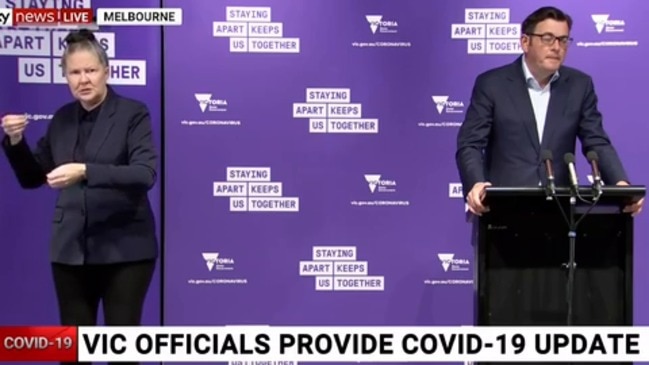Brett Sutton to consider requesting phone GPS records after Shepparton outbreak
Victoria’s chief health officer says he will go to great lengths to make sure positive cases are telling the truth about their movements.

Illness
Don't miss out on the headlines from Illness. Followed categories will be added to My News.
Authorities will consider requesting phone GPS records and work logs to make sure positive cases are telling the truth, Victoria’s chief health officer Brett Sutton says.
Professor Sutton said he could request “almost anything” for the purpose of determining public health risk and would absolutely use they powers if it was feared people weren’t being truthful with contact tracers.
The issue was thrust into the spotlight on Wednesday morning after a truck driver who tested positive did not inform contact tracers he had been to Shepparton until a fortnight after his visit.
The Department of Health and Human Services will now conduct a massive testing blitz of the regional Victorian city after three cases were identified late on Tuesday.
The truck driver, who is connected to the Chadstone cluster, spread the virus to Kilmore and now Shepparton after travelling from Melbourne into regional Victoria with a valid work permit.
He didn’t know he was a close contact or positive when he travelled.
When asked on Wednesday if phone, truck or work logs could be requested from the start of contact tracing to make sure people were telling the truth, Prof Sutton said it would be considered.

“If we have to interrogate phones for GPS information, those powers are available,” he said.
“We will use whatever tools are available if there is a need to interrogate further.
“I can request almost anything for the purpose of determining public health risk.
“If we’ve got that suspicion that information is being hidden and there’s another mechanism to validate that, I’ll absolutely use those powers.”
Professor Sutton said he could then share that information, such as number plate details, with other agencies, including police, to help track movements and determining the risk to public health.
“We will have to use every tool at our disposal,” Professor Sutton said.
“If there’s any doubt about the full account that people are giving, there are powers in the Public Health and Wellbeing Act for me to request information, demand information, for the purpose of assessing a public health risk.
“I will consider that in circumstances where that might not be forthcoming.
“Of course we rely on people to tell the truth. We really emphasise how critical that is.
“The reality is, if there is another cluster that emerges and someone says ‘I saw X, Y and Z’ you will be found out. There is no reason not to tell absolutely every truthful element about where you have been, whether or not you have been working on particular days and where, and all of your close contacts.

“If those individuals become cases, they are at risk, their families are at risk, their workmates and anyone else they come into contact with are at risk.”
Professor Sutton confirmed the truck driver would be reinterviewed.
Premier Daniel Andrews emphasised he didn’t want anyone to be fearful of coming forward.
“If you tell the full story, you don’t get into trouble for telling the truth,” he said.
“It is when you don’t that you cause difficulties for everyone and potentially for yourself.
“If you happen to have visited a pretty large regional town, to not tell us you have done that is not the right thing to do.
“Not for yourself, not for the people that are infected … (and) to make sure people get tested and we find them quicker and their contracts can be away from everybody else.”
Mr Andrews said whether the man would be fined was a matter for Victoria Police, but previously, breaches of the chief health officer’s restrictions identified during contact tracing have not been given infringements.
Originally published as Brett Sutton to consider requesting phone GPS records after Shepparton outbreak
